Can Dogs Eat Cocoa? A Guide to the Dangers of Cocoa for Dogs
- 13 Mar 2025 11:24
As dog owners, we all want to treat our pets to tasty snacks, but it's important to know which foods are safe and which are harmful. One common ingredient that can be very dangerous for dogs is cocoa. While cocoa is often associated with sweet treats like chocolate, it's important to understand the risks it poses to your dog’s health. In this article, we’ll discuss whether dogs can eat cocoa, the dangers associated with it, and what you should do if your dog accidentally consumes it.
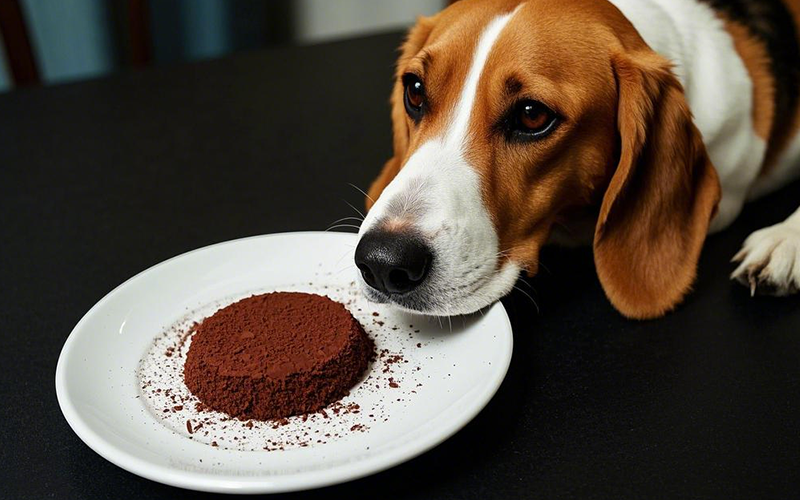
Why Cocoa Is Dangerous for Dogs 🐾
Cocoa is made from cacao beans, and it contains several substances that can be toxic to dogs, especially theobromine. Theobromine is a stimulant found in cocoa and chocolate, and dogs metabolize it much more slowly than humans. This means that even small amounts of cocoa can cause serious health problems for dogs.
The amount of theobromine varies depending on the type of cocoa. Dark cocoa, for example, contains much higher levels of theobromine than milk chocolate, making it even more dangerous for your pet. Other forms of cocoa, such as baking cocoa, can be extremely concentrated and harmful in even the smallest amounts.
What Happens If a Dog Eats Cocoa? ⚠️
If your dog eats cocoa, the consequences can range from mild to severe, depending on the amount consumed and the size of your dog. The symptoms of cocoa toxicity in dogs can include:
Vomiting 🌀
Diarrhea 💩
Increased heart rate 💓
Restlessness or hyperactivity 🐕
Tremors or seizures 😖
Increased thirst and urination 💧
Muscle rigidity 💪
Rapid breathing 🌬️
In severe cases, ingestion of cocoa can lead to cardiac arrest or death, especially if a large amount of cocoa is consumed or if the dog is small. If you notice any of these symptoms, it’s critical to seek veterinary help immediately.
How Much Cocoa Is Toxic to Dogs? ⚖️
The amount of cocoa that can be toxic to dogs depends on several factors, including the type of cocoa, the size of the dog, and their individual tolerance levels. In general, the darker the cocoa, the more theobromine it contains, which means it’s more dangerous. Here’s a general guideline:
Baking chocolate (which contains high levels of theobromine) is especially dangerous and can cause toxicity in dogs even in small amounts.
Dark chocolate contains a significant amount of theobromine, so even a small amount can cause serious issues.
Milk chocolate contains less theobromine but can still cause problems if consumed in large quantities.
White chocolate, while not toxic due to its low theobromine content, is still unhealthy for dogs because of its high fat and sugar content.
For a more accurate estimate of how much cocoa could harm your dog, it's important to consult a veterinarian or a pet poison helpline.
What Should You Do If Your Dog Eats Cocoa? 🆘
If you suspect your dog has eaten cocoa or chocolate, it’s essential to act quickly. Here’s what you should do:
Assess the Situation: Determine how much cocoa or chocolate your dog consumed and what type it was (dark chocolate, milk chocolate, cocoa powder, etc.). The more information you can provide, the better.
Call Your Veterinarian: Contact your vet or an emergency pet poison hotline right away. They may ask about the type and amount of cocoa ingested, as well as your dog’s size and health history. This will help them determine the best course of action.
Induce Vomiting (If Advised): In some cases, your veterinarian may advise you to induce vomiting, especially if the cocoa was consumed within the last hour or two. This can help remove some of the toxic substance from your dog’s system before it’s absorbed.
Follow Medical Advice: If your vet recommends bringing your dog in for treatment, do so immediately. Treatment may involve intravenous fluids to help flush the toxins out, medications to manage symptoms, or other supportive care to prevent further complications.
Preventing Cocoa Poisoning in Dogs 🛑
The best way to prevent cocoa poisoning is to keep all cocoa products, chocolate, and baked goods containing cocoa safely out of your dog's reach. Here are some tips to ensure your dog stays safe:
Store chocolate and cocoa products in secure cabinets or containers that are out of your dog's reach.
Be cautious with baked goods like brownies or cookies, especially around holidays like Christmas or Halloween when chocolate is often used in recipes.
Educate family members and guests about the dangers of cocoa and chocolate for dogs.
Be mindful when walking your dog: Dogs sometimes find food on the ground while out for walks, so be on the lookout for wrappers or discarded chocolate.
Safe Alternatives to Cocoa for Dogs 🍏
While cocoa and chocolate should be completely off-limits, there are plenty of safe, tasty treats that you can give your dog as an alternative. Some healthy options include:
Carrots 🥕
Apples (without seeds) 🍎
Bananas 🍌
Blueberries 🫐
Pumpkin 🎃 (plain, cooked)
Sweet potatoes 🍠
These treats are not only safe but also provide nutritional benefits that support your dog’s overall health.
How PettureX Can Help with Pet Health 🐾
If you’re ever unsure about what foods are safe for your dog or if you’re concerned that your dog may have ingested something harmful, consider using PettureX. PettureX is an AI-powered pet health assistant that provides 24/7 online consultations and advanced image recognition for pet-related issues. It’s a great tool to quickly assess whether your dog’s behavior or symptoms might require further attention and get reliable advice on your pet’s health.
Conclusion: Keep Cocoa Away from Your Dog! 🚫
In conclusion, cocoa is toxic to dogs and should be kept out of their reach at all costs. Even small amounts of cocoa or chocolate can lead to severe symptoms, so it’s crucial to act quickly if your dog eats any. Always prioritize your dog’s safety by avoiding giving them any foods containing cocoa, and opt for safe, healthy treats instead. If your dog does ingest cocoa, contact a veterinarian immediately for advice.
For peace of mind and expert guidance, consider using PettureX to help manage your dog’s health and ensure they’re living their best, happiest life.
Related
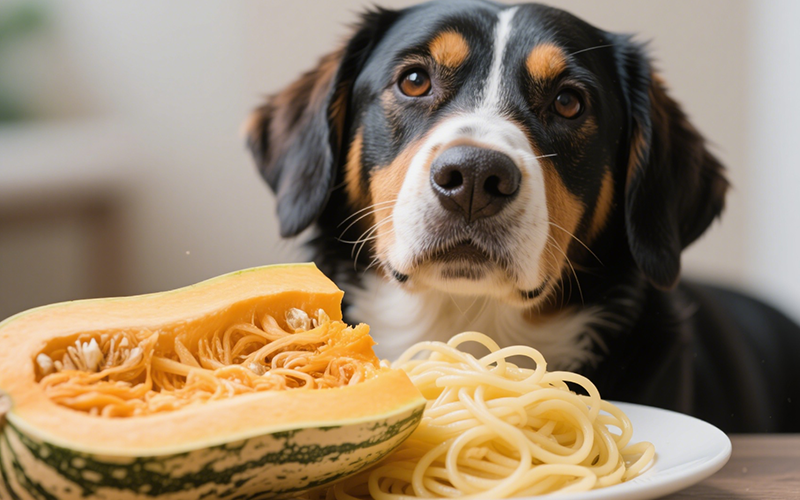
Squash Smarts: Can Dogs Eat Spaghetti Squash? A Vet-Approved Guide
- 26 Apr 2025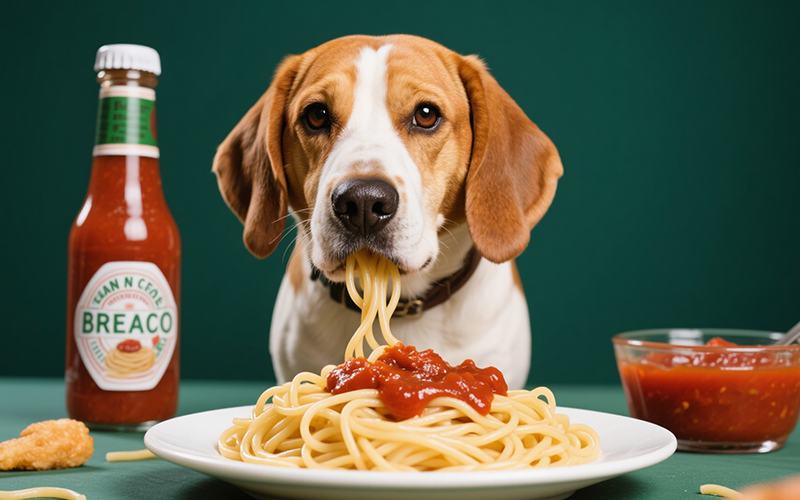
Sauce Inquiry: Can Dogs Eat Spaghetti Sauce Safely? Why Vets Advise Against It
- 26 Apr 2025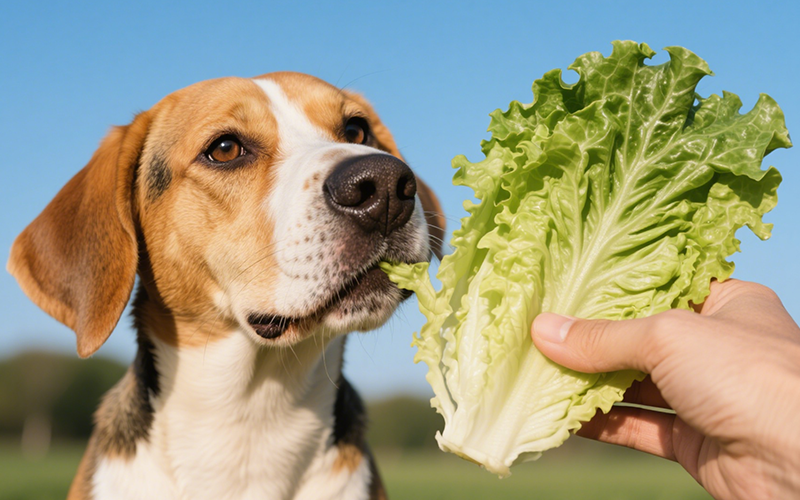
Crunchy Greens for Canines: Can Dogs Eat Romaine Lettuce Safely?
- 25 Apr 2025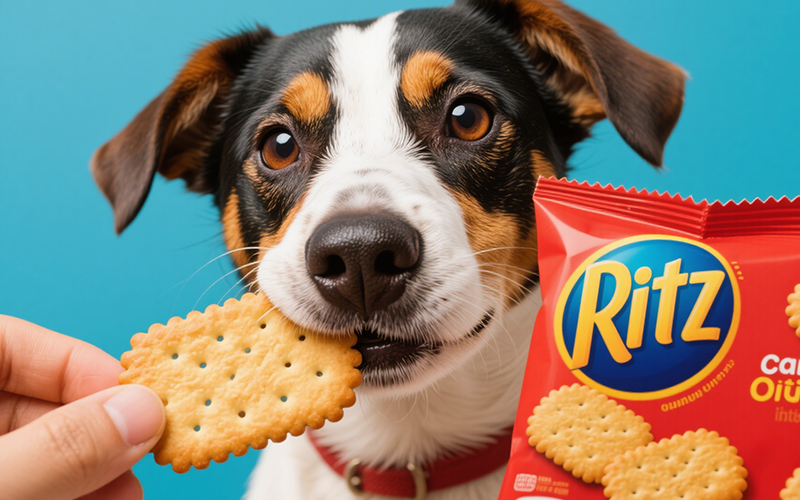
Ritz Crackers for Dogs? Why Vets Say No to This Common Snack
- 25 Apr 2025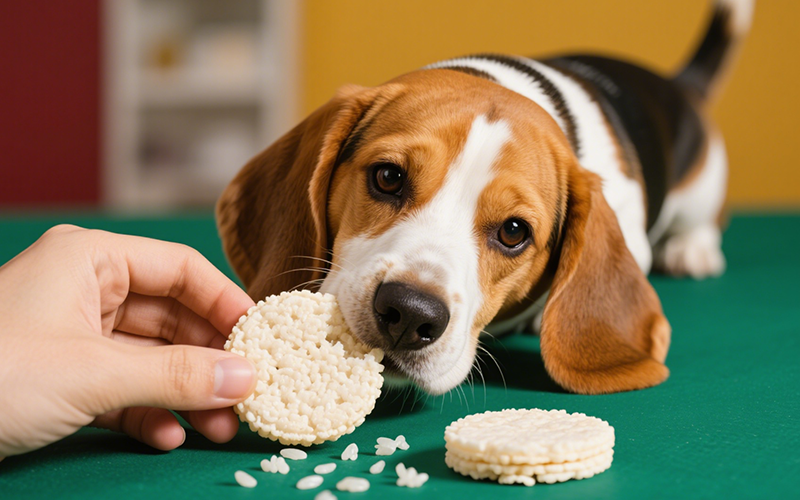
Rice Cakes for Rover? A Crunchy Question: Can Dogs Eat Rice Cakes Safely?
- 24 Apr 2025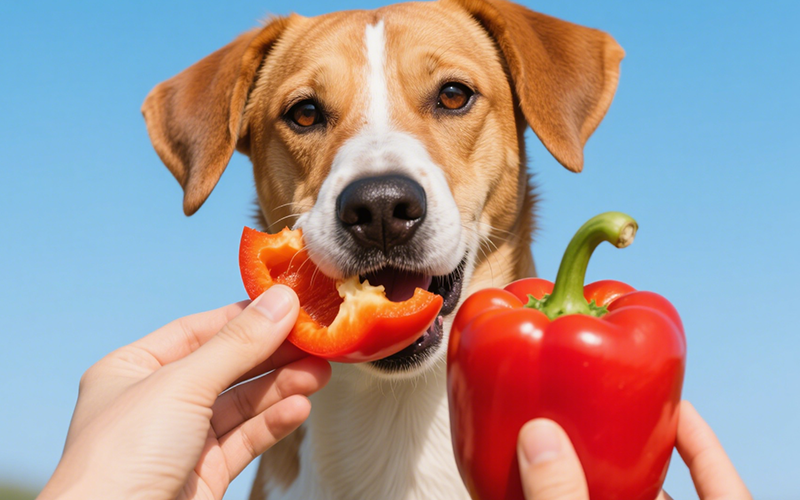
Crunchy & Colorful: Can Dogs Eat Red Bell Peppers Safely? A Vet-Approved Guide
- 24 Apr 2025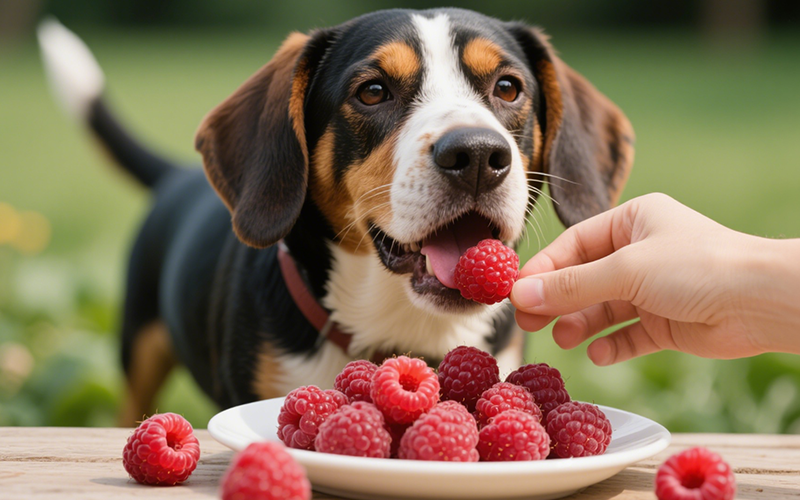
Raspberries for Rover? A Vet's Guide to This Berry Good Treat for Dogs
- 23 Apr 2025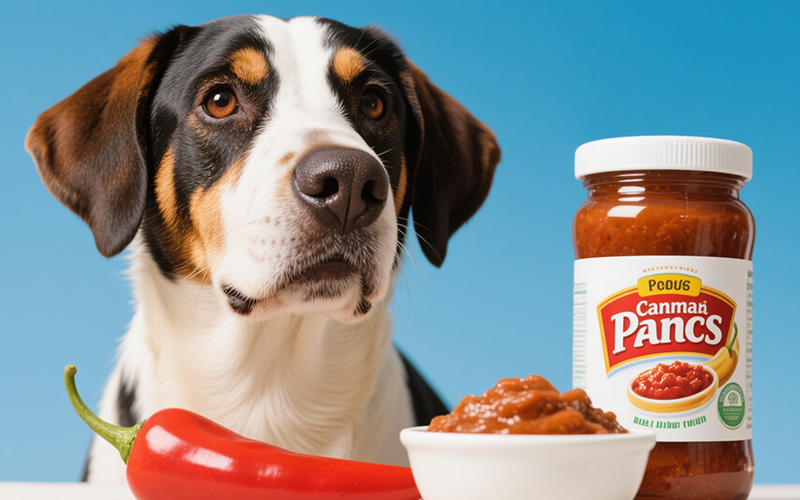
Ranch Dressing Dilemma: Can Dogs Safely Indulge? A Deep Dive into Why It's a Bad Idea
- 23 Apr 2025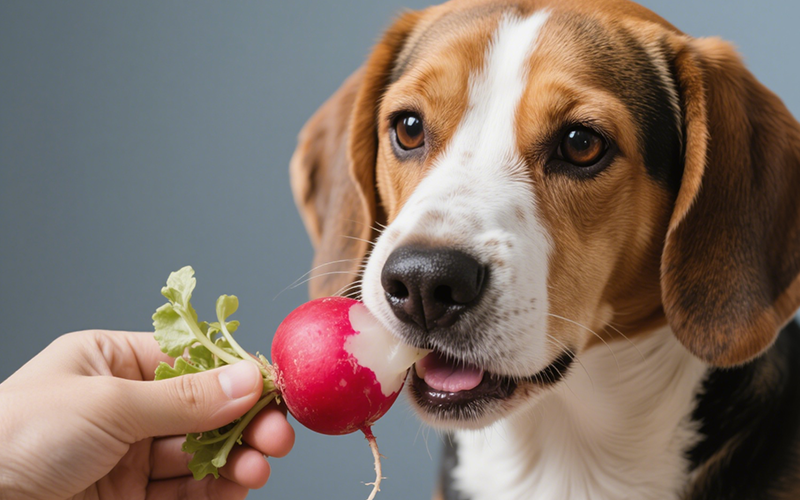
Radish Bites for Your Buddy? A Vet-Reviewed Guide on Whether Dogs Can Eat Radishes
- 22 Apr 2025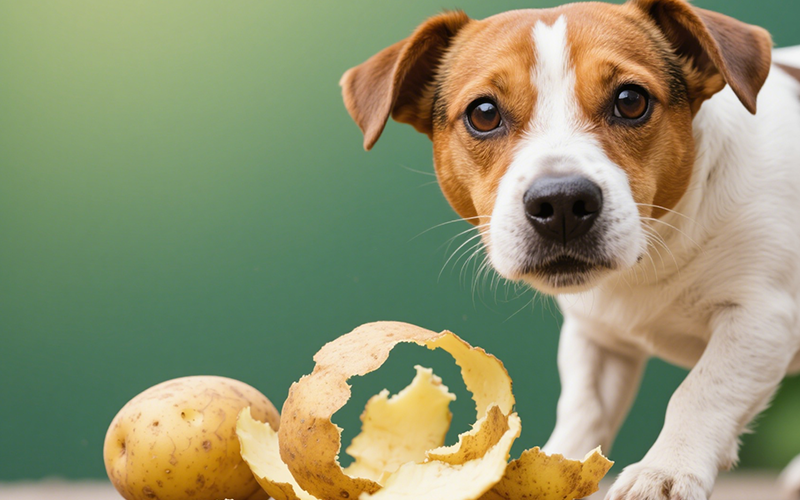
Potato Peels for Pooches? Unpeeling the Risks and Facts for Dog Owners
- 22 Apr 2025
